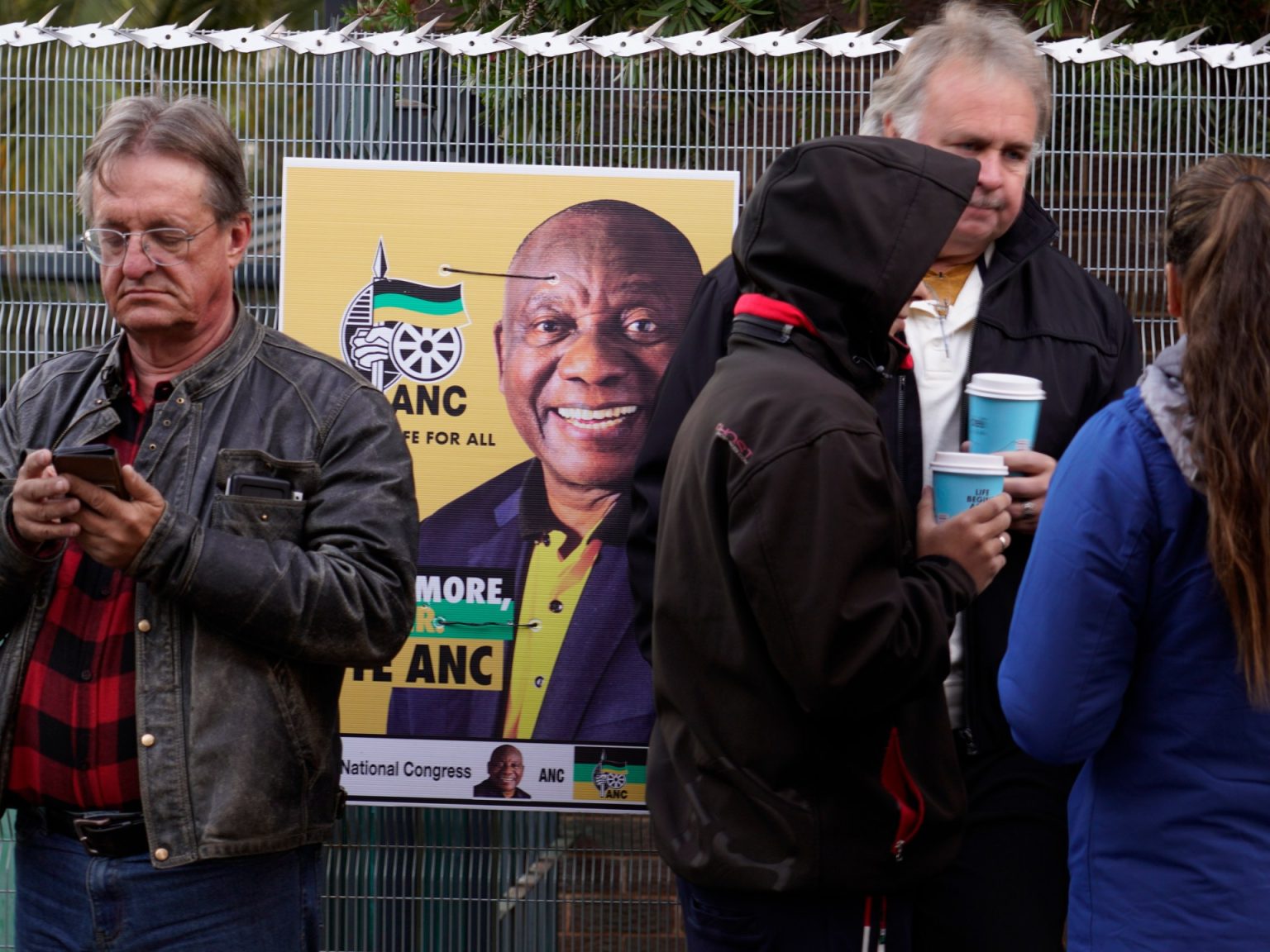South Africans went to the polls in a critical election that would determine the ruling African National Congress (ANC) party’s hold on power. The election, which took place against the backdrop of economic challenges and corruption scandals, was seen as a test of the party’s ability to maintain its grip on power. The ANC has been in power since the end of apartheid in 1994, but has faced increasing criticism for its failure to address issues such as poverty, inequality, and unemployment. The election was closely watched both domestically and internationally, with analysts predicting a tough fight for the ANC amid growing dissatisfaction with the party’s performance.
The election was seen as a crucial test for President Cyril Ramaphosa, who took office in 2018 following the resignation of Jacob Zuma amid corruption allegations. Ramaphosa, a former businessman and trade union leader, had promised to root out corruption and revitalize the economy, but his efforts were hampered by infighting within the ANC and resistance from those with vested interests in the status quo. The election was seen as a referendum on Ramaphosa’s leadership and his ability to steer the party in a new direction. A strong showing for the ANC would be seen as a vote of confidence in Ramaphosa’s leadership, while a poor performance could signal growing discontent within the party.
The main opposition parties in the election were the Democratic Alliance (DA) and the Economic Freedom Fighters (EFF), both of which have criticized the ANC for its handling of issues such as land reform, corruption, and economic inequality. The DA, a center-right party, has campaigned on a platform of promoting growth, job creation, and good governance, while the EFF, a radical left-wing party, has called for more radical policies to address the country’s economic and social challenges. The opposition parties hoped to capitalize on growing dissatisfaction with the ANC and appeal to voters looking for change.
The election was also marked by allegations of voter intimidation, logistical challenges, and concerns about the integrity of the electoral process. Reports of violence and intimidation were reported in some areas, raising concerns about the fairness and transparency of the election. Additionally, logistical challenges, such as delays in the delivery of ballot papers and malfunctioning voting machines, led to long queues and frustration among voters. Despite these challenges, election observers from both within South Africa and abroad praised the overall conduct of the election, noting that it was largely free and fair.
Preliminary results indicated that the ANC had secured a majority of the votes, ensuring that the party would retain power for another term. However, the ANC’s margin of victory was smaller than in previous elections, signaling a decline in support for the party. The DA and the EFF both made gains in the election, reflecting growing disaffection with the ANC and the desire for change among voters. The election results were seen as a wake-up call for the ANC, highlighting the need for the party to address the underlying causes of its declining popularity and restore public trust in its ability to govern effectively.
In the aftermath of the election, President Ramaphosa faced the challenge of uniting a divided party and delivering on his promises of reform and renewal. The ANC’s victory was seen as a mixed blessing, offering the party another chance to address the country’s challenges but also underlining the urgency of the task ahead. Ramaphosa’s leadership would be closely scrutinized in the coming months as he sought to implement his agenda for change and rebuild the ANC’s tarnished reputation. The election had shown that South Africans were demanding more from their leaders and that the ANC would need to adapt to meet those demands if it wanted to maintain its hold on power in the future.













